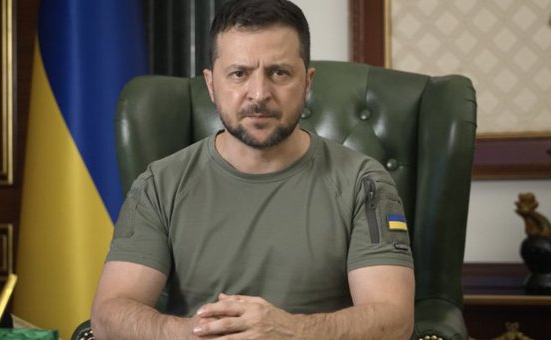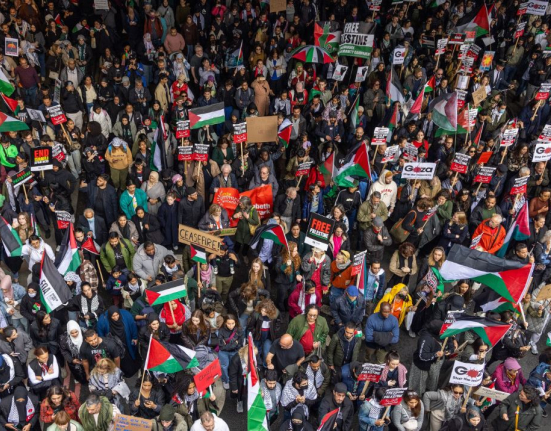NATO Secretary General Jens Stoltenberg has warned that the Western alliance needs to impose costs on China for its support of Russia, while emphasizing that a continuous flow of weapons to Ukraine is essential to ending the war. This statement comes as Stoltenberg visits Washington to prepare for NATO's 75th anniversary summit next month.
The July summit aims to send a decisive, long-term message of support for Ukraine, as President Joe Biden faces a challenging reelection campaign against Donald Trump, who has expressed skepticism about Western support for Kyiv.
Speaking ahead of a meeting with Biden, Stoltenberg accused China of exacerbating the conflict through significant exports aimed at rebuilding Russia's defense industry. "President Xi Jinping has tried to create the impression that he is taking a back seat in this conflict, to avoid sanctions and keep trade flowing," Stoltenberg said at the Wilson Center. "But the reality is that China is fueling the largest armed conflict in Europe since World War II, and at the same time, it wants to maintain good relations with the West."
Stoltenberg stressed that Beijing cannot simultaneously support Russia and maintain favorable relations with the West without facing consequences. "At some point -- and unless China changes course -- allies need to impose a cost. There should be consequences," he added.
China maintains that it is not providing lethal assistance to either side, in contrast to the United States and other Western nations. Beijing avoided a recent summit in Switzerland, promoted by Ukrainian President Volodymyr Zelensky, that reaffirmed Kyiv's demands for Russia to leave Ukrainian territory for any peace to be achieved.
Russia, while expressing interest in talks, has demanded that Ukrainian forces withdraw from territories seized by Moscow. Trump, who has previously voiced admiration for Russian President Vladimir Putin, claims he can quickly end the war, likely by pressuring Ukraine to accept Russian demands.
To mitigate the influence of Trump's potential future policies, Stoltenberg seeks to ensure NATO leads coordination on Ukraine and establishes a long-term military support plan during the Washington summit. "The more credible our long-term support, the quicker Moscow will realize it cannot wait us out," Stoltenberg said. "It may seem like a paradox, but the path to peace is more weapons for Ukraine."
The US Congress approved approximately $60 billion in new military funding for Ukraine in April, though the approval came after months of political delay and opposition from some of Trump's Republican allies.

















